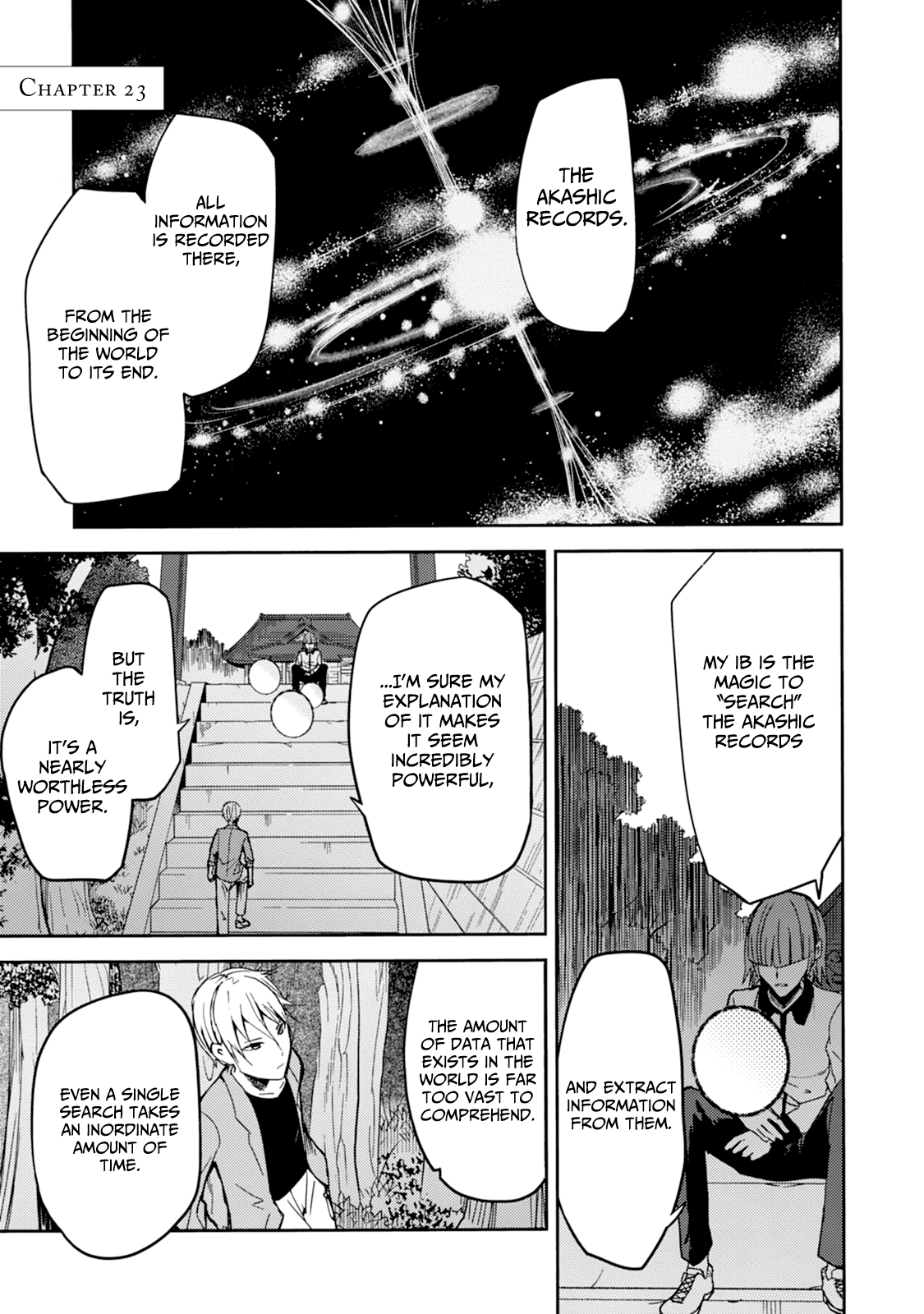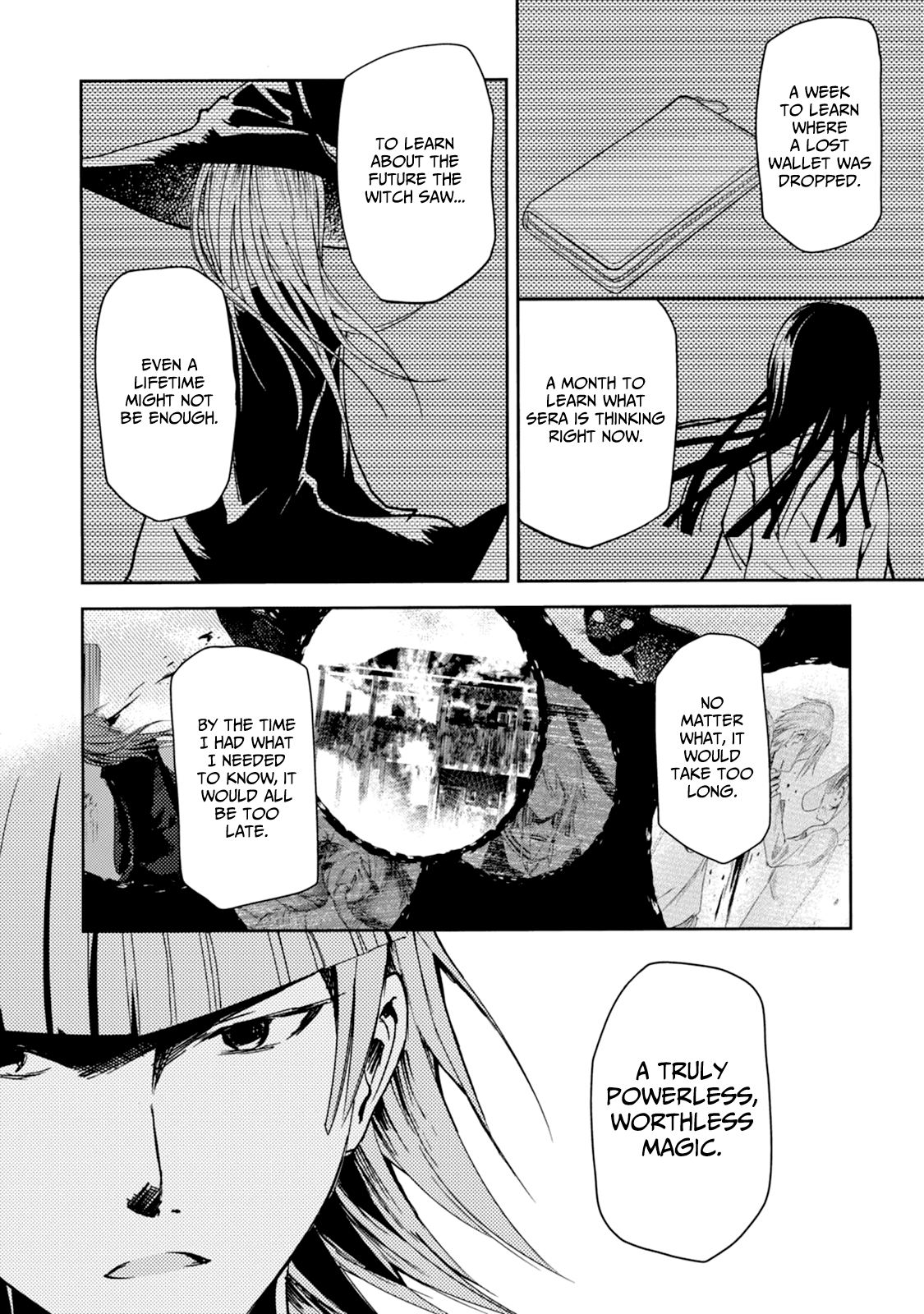Our study of human history has numerous problems. 99% of history isn’t recorded. Writing has been around only for 5 thousand years, and much of what we know comes from archaeological evidence. Information is being shared more today because of the internet, but there is so much we still don’t know in the modern age. Adding to this, there is much interpretation built into any historical analysis and historians struggle with the concept of objectivity.
In this world, human beings share a universal consciousness. When a person dies, they are subsumed into this consciousness, which is known as "God". Thoughts, emotions, ideas, etc, are all subsumed into this consciousness and become part of a whole. In this way, it can be viewed as a perfect recording of all historical events, being completely unbiased in regards to facts.
Oracles are human beings who have trained to tap into this consciousness in order to gain a true picture of the past. This skill must be learnt, and is accessible to anyone. They are regarded as the historians of this world, passing on what they see for future records. They are used to discover and record big moments from history so we can gain a clear understanding of past events and why they happened, such as the rise and fall of empires, ancient cultures, etc.
However, there is a problem with this when you break it down. If this god is the seat of all earth history, it stands to reason that a person tapping into it can find things out about anyone. A detective investigating a murder could solve a case without having to do the leg work. A rival king could tap into this consciousness to find information on his enemies and their empires or armies, or business rivals could use it to spy on competitors.
I need to limit this system to the big moves and shakes of history. Events equivalent to WW2, rise and fall of Rome, cultures of Mesopotamia, etc. The big and important moments that shaped the world on the grand scheme, rather than the lives of individuals. This way, there can be one, linear version of historical events that doesn't depend on interpretation, but leaves the lives of people out. How can I make this happen?


